- 20 Posts
- 13 Comments

 1·2 months ago
1·2 months agoIf you are an American and care about privacy:
- Write your representatives. Your message can be as simple as “I care about privacy”. It’s important they know you are watching their votes.
- Participate in elections, particularly downballot elections. Congressional makeup at the federal and state level matters a lot more for these kinds of things than who is president. Many recent laws like “right to repair” etc have happened at the state level since you can bypass federal congressional gridlock.
- Participate in primaries. Most Americans do not vote, most voters do not vote in primaries. If you don’t like having to choose “the lesser of two evils”, primaries give you much much more choice to express your preferences. As a primary voter, you have an outsized influence on the electoral system and can help determine the options other people get to choose from.
- Donate to PACs and non-profits working to protect your right to privacy. The EFF is an awesome non-profit. One benefit of donating to PACs is that they keep an eye on races across the country and help find and fund candidates who will advanced privacy legislation.
- “Vote with your dollar” when you buy things. In many cases, your purchasing power outweighs the political power of your vote.

 1·2 months ago
1·2 months agoAlso it’s worth mentioning the “how to distribute content among peers” problem has mostly been solved and has for over a decade, just that nobody has built out the UX for it for a YouTube clone. Torrents exist, #freenet and #hyphanet exist, #ipfs exists, these are all excellent platforms for storing and distributing content without relying on expensive, centralized hosting. Instead, users share the burden of hosting. There’s a whole category of software that solves this problem in different ways (P2P). Unfortunately, every new generation of developers seems to want to re-invent the wheel instead of using time-tested tech that already exists but just needs a UX refresh or maybe some protocol improvements.
If you have a tube site and it says “to skip ads, install IPFS”, everybody would be using IPFS.

 1·2 months ago
1·2 months agoNostr has. Over the last two months alone, their users have “zapped” (tipped/donated) other users around 950K (nearly 1 mil!) USD worth via lightning and that number continues to grow. And it doesn’t just make it easy to pay content creators, but to also put a portion of your “zaps” towards the relay you use or development of the software if you want. If you have a nostr account, you can easily tie it to a lightning address to send/receive tips, nostr doesn’t take a fee. Relays can also portion out a bit of their zaps for the people who publish the most engaging content on their relay. The possibilities are quite extensive. And because it’s over lightning, zaps happen instantly and for pennies or less in fees. Though, you can use nostr without zaps at all.
For those unfamiliar with nostr, it’s a decentralized social media software much like ActivityPub/mastodon, the main use right now is as a twitter/instagram clone but there’s also a reddit-style section being built up as well. Moderation abilities from the perspective of the instance/relay are identical. But one bonus if that if your relay goes down, you don’t lose your identity, since your identity and relay are separate. And if you change apps or relays (you are typically connected to multiple relays), all your content moves with you seamlessly. And the payment/zap infrastructure is all decentralized, relays don’t ever custody or manage the payments. If you tip a content creator, it goes directly from you to them. The lightning network has basically limitless transaction capacity. If you have cash app, it supports lightning, so you can already send zaps (you will need different apps to receive zaps though because cash app doesn’t support the LNURL standard). Strike natively supports it. And because it’s lightning, it works in every country automatically.
Long-term, if I am a content creator, which “fedi”-type system is going to be attractive to me? One where users can send me tips and mircopayments or one where they can’t? This is why I think nostr is going to win out long-term over AP/Mastodon. Mastodon could add this kind of functionality but I don’t get the impression they’re open to it. People may not want to commit to yet another $5/month subscription to a YouTuber’s patreon or nebula or whatever, but they are happy to tip 1-10c after watching a video. So there’s a psychological beauty to micropayments as well. As some random person I have made like 7c on tips this month, but I’ve also given out plenty to other people.
Source about nostr fees: https://lemmy.ml/post/17824358

Yes absolutely, because any time the government can increase surveillance and control, they will. The Pirate Party is one of the few political forces in the EU fighting hard against this. Central Bank Digital Currencies will be the biggest threat to individual liberty and privacy we see in our lifetimes. In a time of global instability, these threats to our freedoms continue to compound from all over the political spectrum. People are more willing to accept some loss in freedom in the promise it will protect them from the “other side” gaining too much power or from worsening economic or other environmental conditions.
Bitcoin is a solution for those who want privacy, money, and autonomy to work hand in hand. Bitcoin offers much more robust privacy than a bank account and the degree of privacy it offers continues to improve. It’s not controlled by a central bank, entity, or board of directors who can mess with the supply or have any kind of special access to your financial information. You don’t need six forms of ID to use it, in fact, you don’t even need one! It’s truly autonomous money that separates the role of the state from the role of money.
With Bitcoin, I can send money to anybody anywhere on planet earth with a cell phone and a halfway reliable internet connection in under a second for pennies in fees (using Bitcoin lightning). And I can send that money to anybody even if they have an unstable banking system, no banking system at all (billions of people), or their banking system excludes them due to their gender, sexuality, or status as a political dissident. Venmo can’t do that, Paypal can’t do that, my bank can’t do that, Taler can’t do that. It has a clear fiscal policy of a 21 million coin cap. It has faced attacks and attempted bans from nation states and world powers, yet it has reliably performed this function of sending money around for 15 years without a single hour of downtime, without a single hack, without a single bank holiday or failure or any kind. It has a market cap bigger than Sweden’s GDP. It is more widely adopted than most national currencies. It can’t be controlled, debased, or inflated by any corrupt central bank. It actually has use and value. You may not use it, but that doesn’t mean other people don’t get immense use out of it.
Monero is king when it comes to privacy coins though. So from a privacy perspective, that’s worth looking into as well. Long-term I think Bitcoin will eat Monero for lunch since it can easily adopt the privacy technologies Monero has and the Bitcoin community is very pro privacy. Monero also lacks an L2 like lightning which means transactions are slower and more expensive and eventually fees will get ridiculous if adoption reaches parity with Bitcoin. Depending on your use case, that may or may not matter.

 1·3 months ago
1·3 months agoThese laws are being passed by politicians who generally don’t understand technology. What they will achieve is a reduction in privacy and liberty for every citizen in the EU and easier methods to clamp down on dissent. Just because it’s not technically perfect or difficult to implement fully doesn’t mean it’s not a threat. It’s one step closer totalitarianism, and what’s stopping totalitarianism is everyday people, one step at a time, battling it back.
True. Impossible to fully censor. Easy to “censor enough”, force out of app stores, and deem illegal while being cheered on by the left and right because they both somehow think it’s in their interests, having abandoned the idea of free speech somewhere along in their ideological trajectory. Just like with TikTok ban or the Digital Services Act.
They’ll start by saying lemmy is spreading “disinformation” or “foreign influence” or “harming children” or whatever their excuse of the day is. Then legislate lemmy apps out of the app stores and go after lemmy server operators or users.
Not saying lemmy couldn’t survive as a network, the point of the meme is the dangerous precedent set when people support things like a TikTok ban and say the government should be able to regulate speech or access to speech in that manner. The government shouldn’t be able to tell you what you can say or think, who you share those thoughts with, or what media you consume. It’s a human right to think and speak and be able to listen to others speak. And unfortunately, for different reasons, both the left and right are cheering on its erosion.

 1·6 months ago
1·6 months agoCommercial transactions -
Aaah, the kind of transaction that most transactions are?
Operated by providers
Aah, so any business which accept crypto must KYC every one of their customers. This makes accepting crypto especially burdensome, which is half the point of this legislation in the first place.
So non-commercial transations are fine, as are crypto transactions to non-custodial wallets.
Unless you’re using the wallet to buy or sell something. You know, the thing people use money for.
Why does the government need to have every transaction reported to them? Crime is bad because it causes harm. If harm is being caused, that means a person or entity is causing that harm. That means there is evidence. Follow that.
Police have more surveillance and crime-detecting tools than at any point in human history. Nearly every category of crime, particularly violent crime, is on a decades-long downtrend. We all travel with GPS monitors in our pockets. We all use credit cards instead of cash. We all are recorded by CCTV 90% of the places we go. We don’t need to give them more financial surveillance because ‘crime’.

 0·6 months ago
0·6 months agoExcept they already made Oracle handle all that and they can easily legislate privacy protections without banning TikTok entirely. And, again, it is my right as a citizen to install whatever app I want even if it is spying on me, just like the rest of my apps do. I could film every second of my life and put it up on Facebook or a personal website and the Chinese government could watch it and there’s not a damned thing the US government can do about it.

 0·8 months ago
0·8 months agoAgreed. I’m glad to see both protocols growing. By “win” I mean: become the most popular twitter replacement.

 1·11 months ago
1·11 months agoPro tip: The Electronic Frontier Foundation is a non-profit which has been defending your right to privacy for many years. If you shop on Amazon, you can give a portion of the purchase price to EFF. You pay the same amount and daddy bezos gets a few less dollars. Use the affiliate link, not the smile link as smile has been sunsetted: https://www.eff.org/node/58741
Every time I try another DE I always come back to XFCE. Lightweight, stays out of the way, gets the job done. NEVER crashes. Ever.

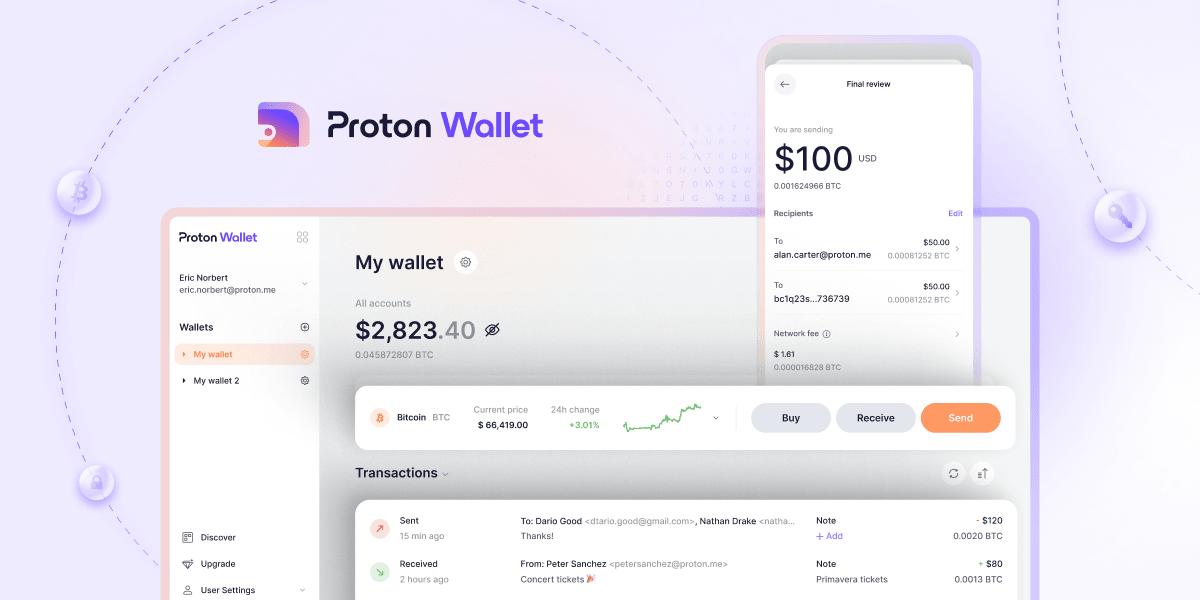
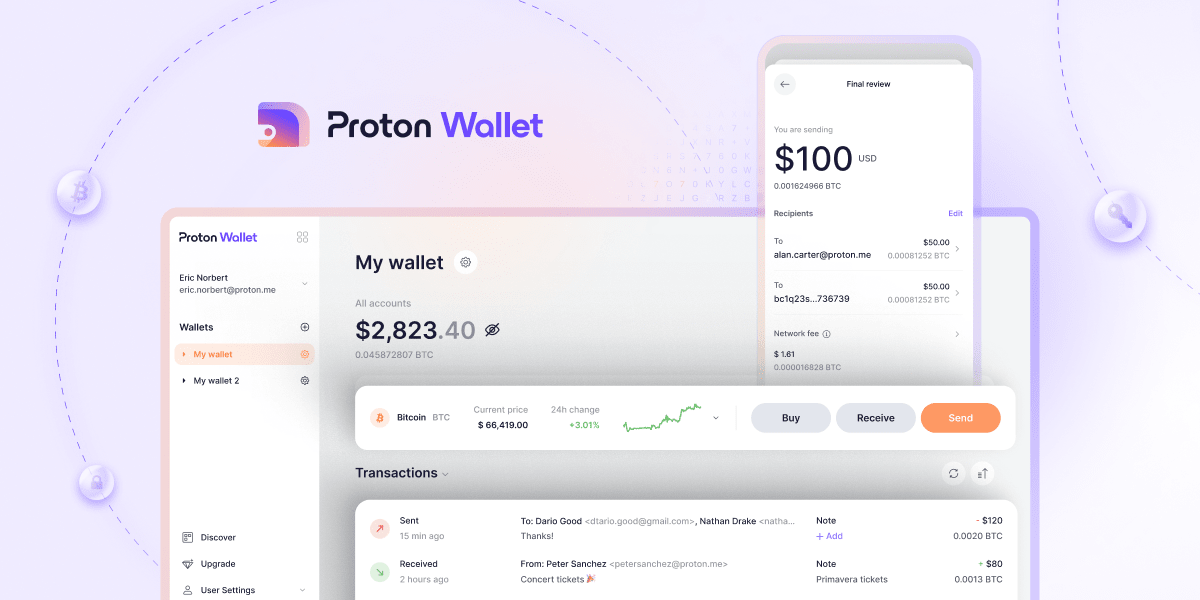

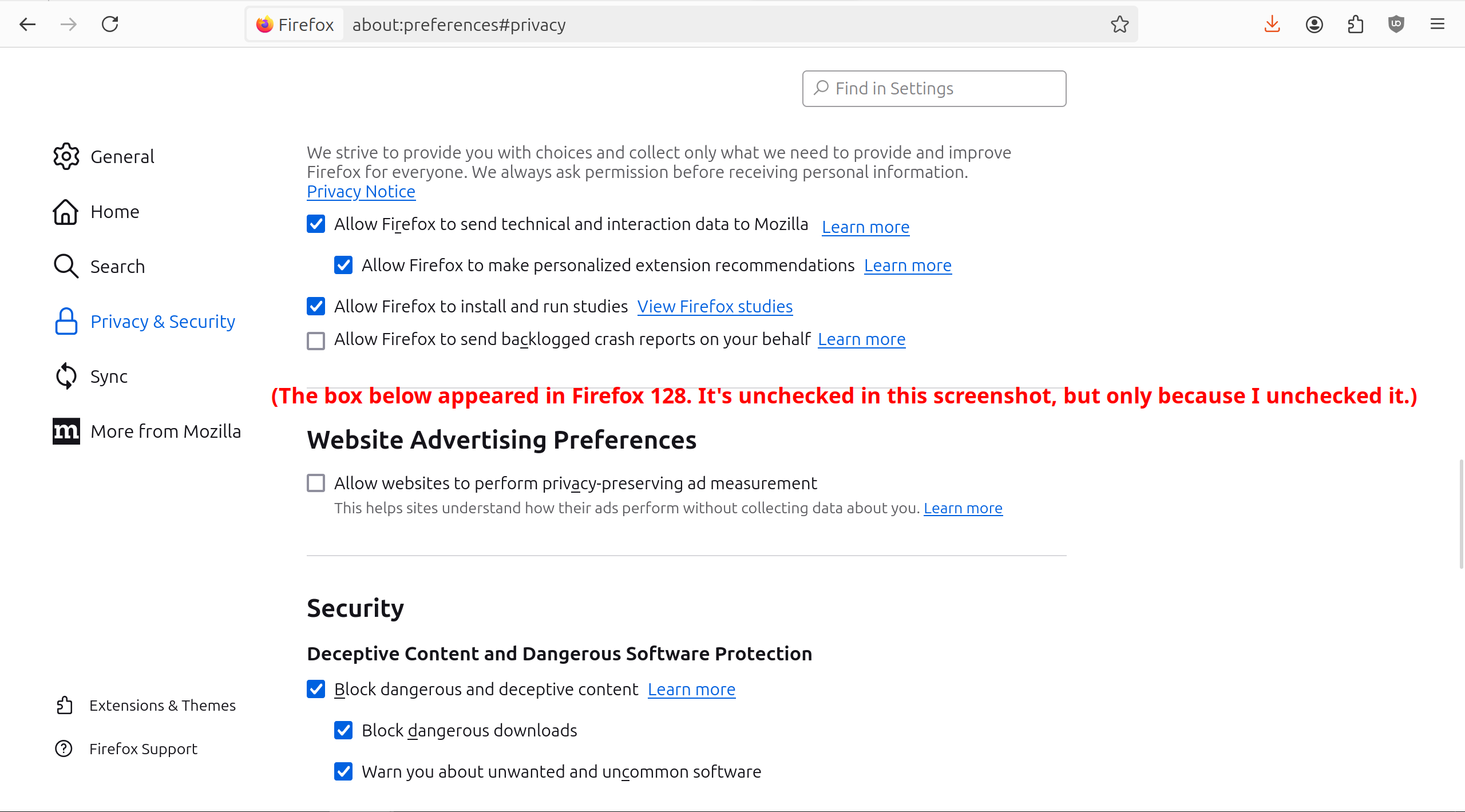


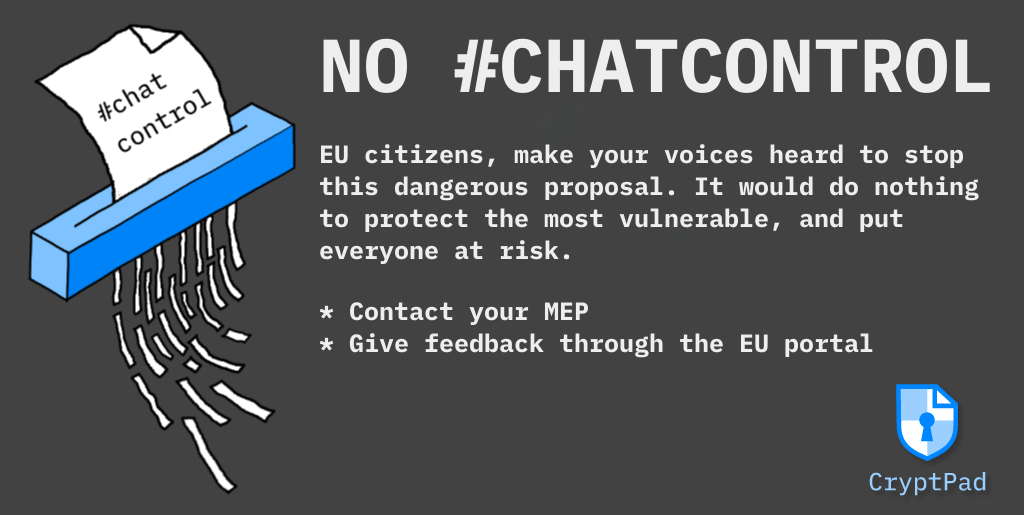


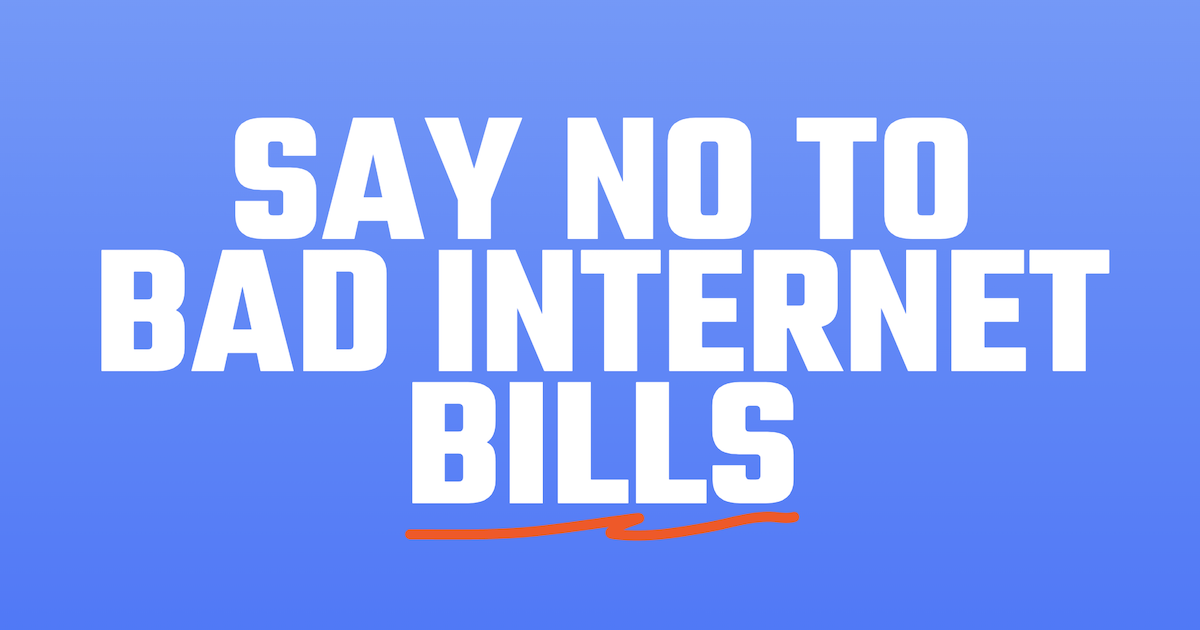
Doesn’t answer your question directly, but nostr is working on this. Nostr is an open protocol like ActivityPub (which underlies Mastodon and Lemmy). Its main use is as a twitter clone right now, but it also has a very new reddit clone and can theoretically support videos as well. And you can choose your own algorithm. Here’s all the choices I get from one of their clients, and there’s dozens of nostr clients to choose from. The cool thing is that anybody can make and publish an algorithm and you can subscribe to any algorithm. Your client does all the sorting locally.